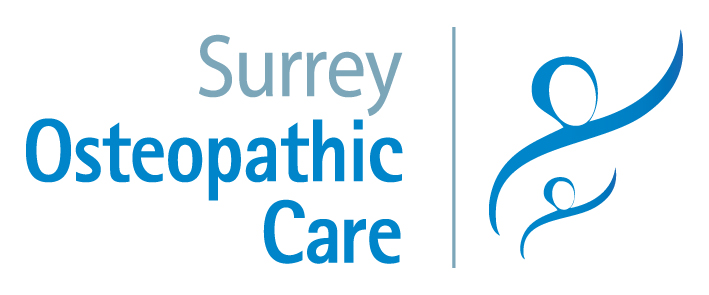Exercise During Pregnancy - Why it Will Benefit You AND Your Baby
What exercise can I do during pregnancy? Is it safe to exercise during pregnancy?
Exercise during pregnancy used to be something that was feared - only 50 years ago there was concerns over exercise creating a harmful competition for resources between the mum and the unborn baby. However, research over the past 50 years has dispelled these theories and shown exercise during pregnancy has numerous short and long term benefits for both maternal and child health.
Multiple nations. and health care organisations, including the Royal College of Obstetricians and Gynaecologists and the Department of Health, recommend moderate exercise for 20-30 minutes most days of the week. Despite these being the guidelines now for almost 20 years only 10-15% of pregnant women meet these recommendations.
Exercise during pregnancy has a huge number of benefits - not only for mum but for baby as well. Interestingly exercising during pregnancy can decrease mum’s risk for gestational diabetes, as well as lowering the chance that baby will develop diabetes throughout their lifetime - moderate physical exercise strongly supports foetal growth and development in the current generation and future generations by its epigenetic impact. Other benefits include; limited weight gain, improved mental state, improved cardiac function for mum.
Exercising during pregnancy has also been shown to have a beneficial effect on the birth. In a review conducted by Clapp (2002) it was found that women who were exercising through the pregnancy had a shorter labour, a shorter stay in hospital, a 25% lower chance of having a c-section and once born their baby’s APGAR score were higher.
Despite all of these benefits you may still be thinking “but what are the risks”
A large scale review from the Danish National Birth Cohort analysed the risk of miscarriage in over 92,000 women and found no link between the amount of exercise and the risk of miscarriage in women ie there was no increased risk for women who exercised over those who were sedentary. In fact, the Norwegian Mother and Child Cohort Study with over 60,000 pregnant women showed lower rates of preterm birth in women exercising 3-5 times a week.
The key caveat for the exercise recommendations is the phrase “in the absence of medical or obstetric complications.” If you are suffering with any underlying health conditions or have suffered with problems during the pregnancy then it is really important to gain advice from your consultant.
There are some absolute contraindications to exercise during pregnancy and in these cases any activity should be discussed with your consultant.
short cervix or current cerclage
carrying triplets or more
pre-ecalmpsia
placeta previa after 24 weeks
premature rupture of membranes
vaginal bleeding after 24 weeks
cardiomyopathy
What does seem to be important for the health of the baby is dehydration, hypoglycaemia and exercise hyperthermia. This means that all exercise should be done whilst you are in a well fed and well hydrated state. If it is a really a hot or humid day then you may need to lower the intensity of your exercise that day and pay particular attention to your water intake. It goes without saying that if at any point you suffer with dizziness, chest pain, irregular heart heat, calf swelling or vaginal bleeding or leaking then you must stop exercising straight away.
If you have been mostly sedentary prior to pregnancy but want to gain the benefits of aerobic exercise then you should start at a low intensity (able to easily hold a conversation) for 10-15 minutes and then gradually build up the time and intensity of exercise over the next 2 to 4 weeks so that eventually you end up exercising for around 30 minutes at a higher intensity (out of breath but still able to talk)
Osteopathic Treatment During Pregnancy
Pain and discomfort is one of the most common reasons I hear for women not exercising during their pregnancy. Several studies have recommended the use of manual therapy in order to reduce symptoms and therefore allow women to gain the benefits of exercise during their pregnancy.
At Surrey Osteopathic Care we specialise in the treatment of women during and after their pregnancy and see many women with problems such as pelvic girdle pain, hip pain, back pain and sciatica. Treating these areas and providing specific guided exercise programmes not only helps to make you feel more comfortable during your pregnancy, reducing pain and discomfort, but also helps you to stay active throughout.
For more information on osteopathic treatment during pregnancy click here
Useful links
Department of Health Guidelines - https://www.health-ni.gov.uk/publications/physical-activity-pregnant-women-infographic
Royal College of Obstetricians and Gynaecologists Guidelines - https://www.rcog.org.uk/en/patients/patient-leaflets/physical-activity-pregnancy/
NHS Guidelines - https://www.nhs.uk/conditions/pregnancy-and-baby/pregnancy-exercise/


